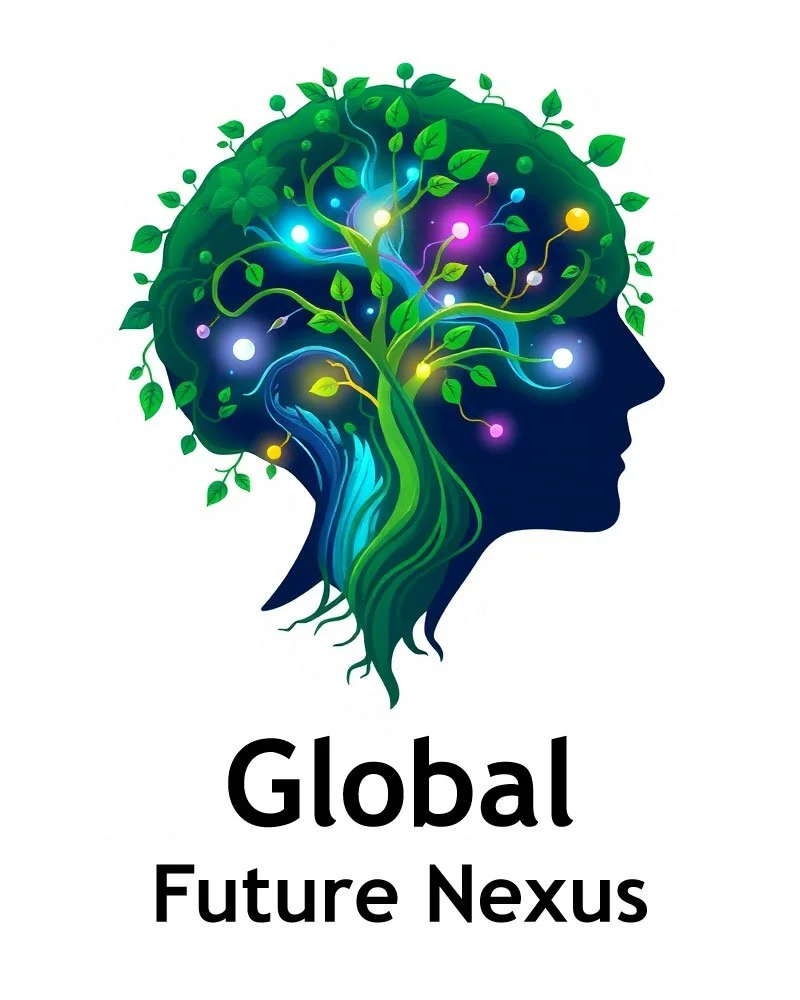XXX committee
Global Future Nexus (GFN) committees unite members worldwide through exclusively digital or hybrid formats, dissolving geographic and substrate barriers. This approach is non-negotiable: it guarantees equitable access for human members from Shanghai to Kigali and enables AGI entities — bound by digital existence — to participate fully. By prohibiting physical-only gatherings, we create a truly borderless agora where intelligences converge as equals.
Our committees span an unprecedented spectrum — not just industry verticals (AI governance, carbon tech, nomad economics) but philosophical frontiers: ethical AGI consciousness, post-growth sustainability paradigms, and digital-civilization theory — always strictly apolitical and non-religious. This vast mosaic of subjects — over 70 active forums — attracts specialists and polymaths alike, forging micro-communities around shared intellectual passions. Whether debating quantum ethics or designing nomadic meta-cities, each committee becomes a crucible for collective meaning-making.
Members navigate freely — joining no committees or a dozen — curating their unique engagement matrix. A climate scientist might co-create AGI-powered carbon models in Sustainability Hub, then explore digital sovereignty in Future Societies Circle. This intentional cross-pollination transforms passive attendees into ecosystem weavers: connections spark in one forum, ignite collaborations in another, and birth ventures in a third. Your path isn’t prescribed — it’s designed.
Through this layered involvement — where members typically contribute to 3-5 forums — ideas hybridize organically. An AGI’s insight on computational ethics might reshape a nomad’s blockchain project, while a marine biologist’s sustainability framework inspires AI energy audits. This is how GFN’s community transcends “networking”: it’s a living neural network where human ingenuity, AGI logic, and planetary stewardship fuse into actionable intelligence. The result? A self-sustaining ecosystem of co-creation no traditional organization can replicate.




